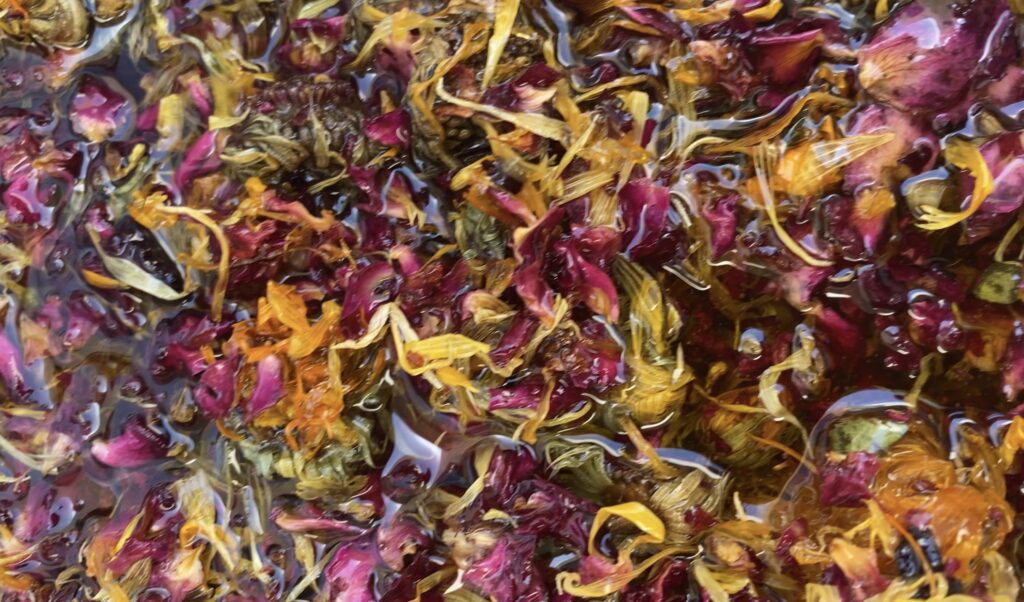
Gut Health and Immunity: How a Healthy Gut Strengthens Your Immune System Naturally
We often think of the immune system as something that

Kick-start, energise, rejuvenate
All carefully planned and prepared to help nourish, reset and rejuvenate the body and mind.

In recent years, the skincare industry has significantly shifted towards incorporating natural and herbal ingredients. This trend is driven by consumer demand for safer, more sustainable, and effective skincare solutions.
Why have natural herbal ingredients become increasingly popular in mainstream skincare?
While the trend towards natural ingredients in skincare is a positive development, consumers must remain vigilant about the other components in their skincare products. Even products that boast natural ingredients can contain harsh chemicals and toxins that may not be immediately apparent. Here’s why reading labels and asking questions is crucial, along with some encouragement for those interested in creating their own skincare solutions.

It is fun to make your own skincare products and it can be a rewarding and empowering experience.
Herbal Skin Oil
Strain through cheesecloth.
Selection of carrier oils
Selection of herbs to try – use dried herbs, not fresh.

We often think of the immune system as something that

A clean, effective way to care for your teeth, without

In the world of tonic herbs and medicinal mushrooms, there’s
Copyright Shoku Iku © 2024 | All Rights Reserved.
The statements on this website have not been evaluated by the TGA or FDA. These products are not intended to diagnose, treat, cure or prevent any disease.
Sign up to receive your discount.